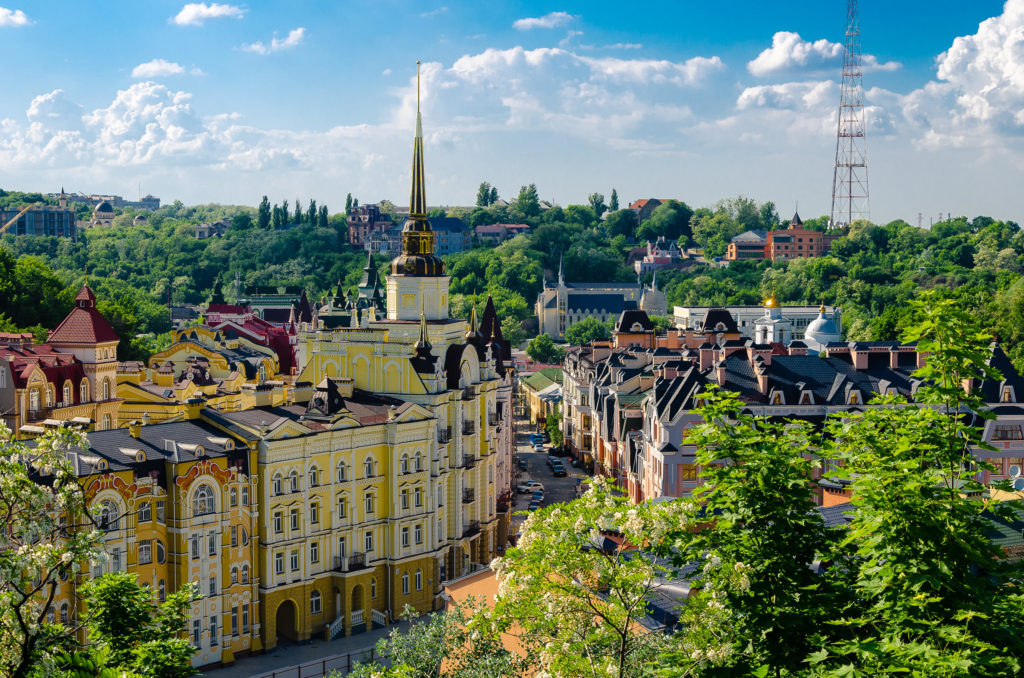KYIV
Ukraine advanced with the privatisation of large state-owned companies suspended a year ago over the COVID pandemic and officials said they hoped selloffs could raise as much as 12 billion hryvnias ($430 million).
The state auction commission has proposed a starting price of 1.398 billion hryvnias for the First Kyiv Machine Building Plant (known popularly as “Bolshevik” and founded in 1882). The plant has debts of more than 500 million hryvnias that, according to the auction conditions, should be prepared by the owner. In addition, investment in the amount of 57 million hryvnias will be needed for its repair and modernisation, local media reported, citing Dmytro Sennichenko, the head of State Property Fund, overseeing privatisations.
Another big state-owned enterprise, the United Mining and Chemical Company, has attracted interest from 18 domestic and international companies. The starting price for the largest titanium ore producer in Europe and the country’s most attractive asset so far has been set at $125 million. The sale was rescheduled this month after it had to be postponed in August because potential buyers complained they had not been given sufficient time to prepare the necessary documents. Foreign interest has come from companies in the U.S., India, Japan, Australia, Estonia, Turkey, the UAE, Britain and Hong Kong.
In addition, the government included Turboatom, 75.22 percent of which is state-owned, and Electrotyazhmash Plant in the list of companies for privatisation. Both companies are based in the city of Kharkiv. Turboatom is the only Ukrainian manufacturer of turbine equipment for hydro, thermal, and nuclear power plants. Electrotyazhmash specialises in the production of powerful hydro generators, turbine generators for thermal power plants and nuclear power plants, electric motors for drives of rolling mills, mine hoists, traction electrical equipment for railway and urban transport.
“Large-scale privatisations do not mean merely funds designated as coming into the budget – 12 billion hryvnias this year. It means a new life for new assets. It means investments. It means jobs,” Sennichenko told Espreso TV in April when Ukraine’s parliament approved a resumption of privatisation of large state-owned companies.
Sennichenko said the aim was to create fully transparent and competitive sell-offs and eliminate any notion of the privatisations plagued by corruption in the immediate aftermath of the end of Soviet rule.
Commentators injected a note of scepticism into the process, saying part of the problem lay with Ukraine’s failure to uphold and guarantee property rights.
“According to the Economy Ministry, the share of state enterprises in the economy is 10 percent – 90 percent is non-state property. If we privatise the remaining 10 percent and hope that investment will flow in, the logical question is: Why is it not flowing in for the 90 percent of non-state enterprises?” Viktor Skarshevsky, an analyst with the Growford Institute think tank and vice-president of the Ukrainian Union of Industrialists told the website comments.ua.
“The critical issue is not the form of the property but upholding property rights for both state and private property. As long as we don’t have that there will be no serious investment.”

